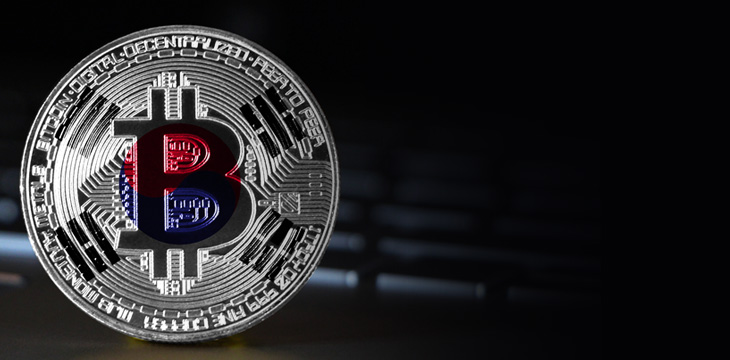|
Getting your Trinity Audio player ready...
|
In June, the government of South Korea began inspecting the 21 cryptocurrency exchanges operating in the country. The review, which went on until July, was conducted by the Korea Internet and Security Agency (KISA) in conjunction with the Korean Ministry of Science and Technology in response to allegations of improper practices at these exchanges.
Security experts with KISA visited all the exchanges to check on the 85 items identified during the January-March inspections. This time, the KISA experts focused on the 17 items that needed immediate implementation, six short-term measures, and 11 items concerning crypto wallet management.
In a statement, the South Korean government said: “Intermediate checks were carried out in such a way as to confirm whether improvements had been made, focusing on the 17 security items recommended for quick action,” such as dedicated security and management staff, a password management system, crypto deposit and withdrawal controls, and a system to monitor wallets for abnormalities.
Of the 21 crypto exchanges, gov’t officials said 11 have completed the short-term measures. Eight exchanges—Upbit, Bithumb, Korbit, Coinnest, Coinlink, Coinone, Coinplug, and Huobi Korea—have also improved their wallet management systems, according to local media outlets.
However, the government agency noted, “In the management of virtual currency wallets, most of the vulnerabilities in the business have not yet been improved.”
Meanwhile, 12 operators were found to have insufficient security procedures that will address data leakage and loss of funds from their cold wallets; 10 others did not have inadequate systems to monitor suspicious activities in hot wallets; and 10 more did not have measures for wallet backup and recovery.
The government will conduct a final check if the exchanges have carried out the implementation measures in September. New crypto exchange operators will also be inspected, according to South Korea officials.
“Because of the weak security of virtual currency exchanges, we should be careful in investing,” Kim Jong-sam, a spokesperson for the Ministry of Information and Communication, commented. “We will continue to check virtual currency exchanges to improve security.”
Referring to the notorious hacks of Coinrail and Bithumb in June, the KISA described that “the leakage of virtual currency due to the hacking of recent dealers has directly led to the damage of users,” adding that after checking 85 security items, “there are many dealers with low security.”
The KISA also emphasized that they have been asking crypto exchanges to “improve security levels by completing the recommendations for improvement,” adding, “We plan to support the improvement of the security level of the dealers through continuous inspection of the dealers.”

 02-23-2026
02-23-2026 




